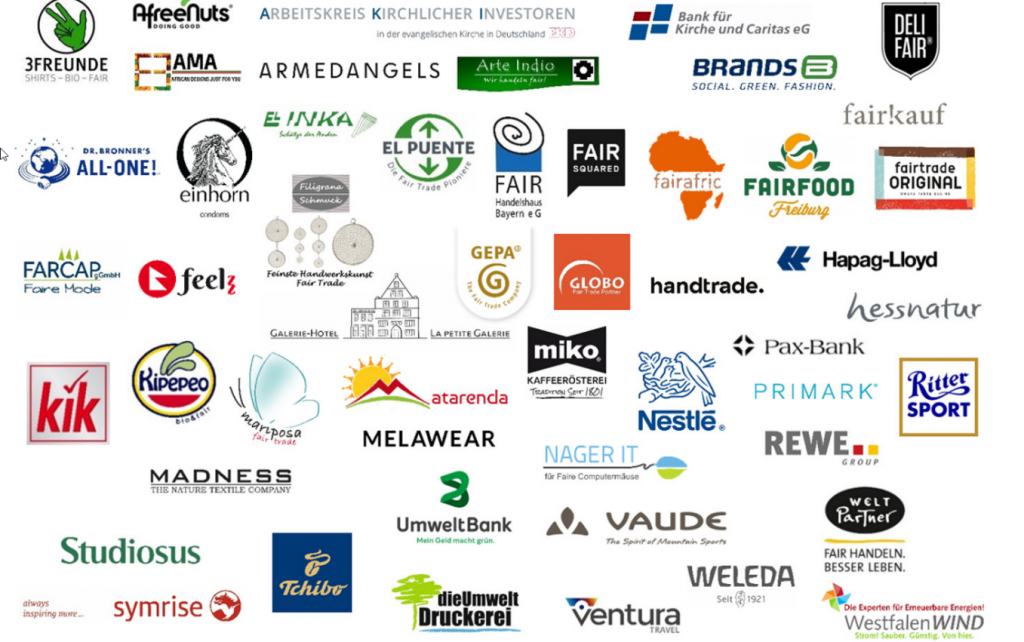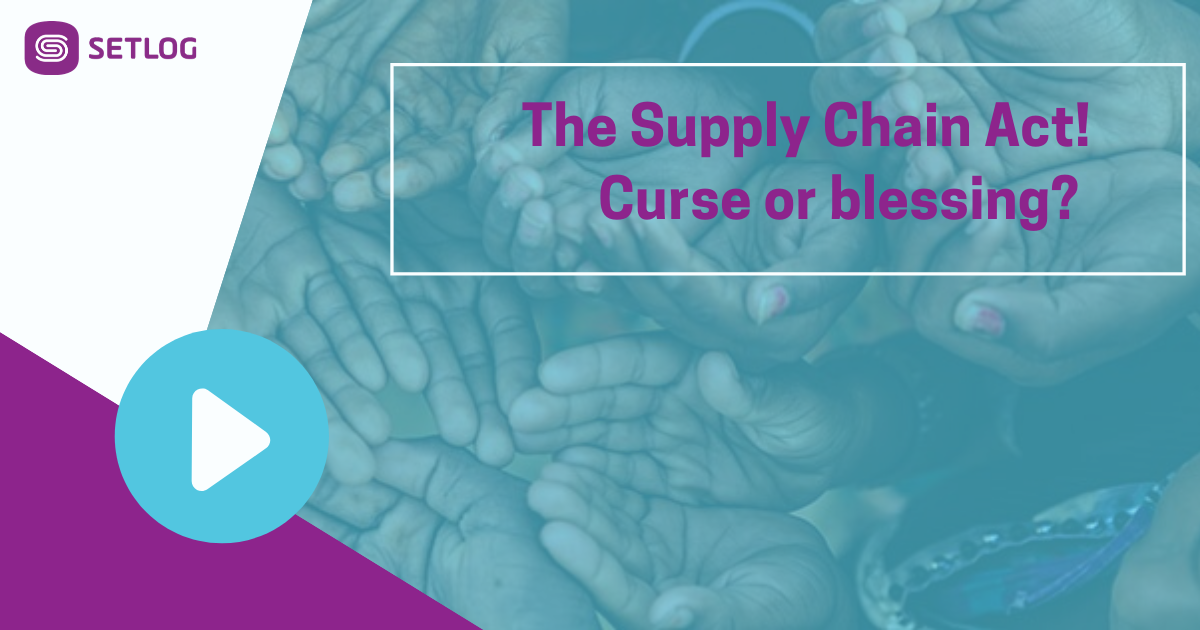The UN’s guiding principles for business and human rights do not demand much from companies worldwide:
– Risk Assessment
– Countermeasures against violations of human rights and child labor
– Transparency and complaint points
– Adequate human rights diligence
In 2011, these measures were adopted in the UN Human Rights Council and many companies were full of praise for the “pragmatic approach”. At the time, the International Chamber of Commerce and the International Organization of Employers, which includes the Confederation of German Employers’ Associations (BDA) promised: Businesses are “determined to assume their responsibility to respect human rights”.
“Voluntary actions are not the answer, we need a legal framework.”
Until now, the German government has relied on companies voluntarily adhering to human rights standards in the supply chain. Furthermore, many lobbyists from business and even the BDA (Confederation of German Employers’ Associations) are concerned about the potentially damaging effect the introduction of this kind of law might have on business.
Somewhat shocking about this attitude is, however, that the welfare of the German economy is put before the safety and well-beeing of the population of producing countries by many. In Germany, 3,000 companies were asked to submit a self-assessment on the topic of ” Obligation for executive care in the protection of human rights at their suppliers”, and 464 companies replied. A shameful 20% of these companies met the requested requirements.
“Extremely damaging to the economy”
…some propagate while for others it is already ten past twelve and the introduction of the German Supply Chain Act is urgently needed in order to not further support the human rights violations and exploitation of the producing countries.
Even large German companies are now joining the call for a new law. At the beginning of December 2019, 42 German companies, including Kik, Tchibo, Ritter Sport and Nestlé, launched an appeal.

The German Supply Chain Act, liable or not?
German companies operating abroad must be held liable if they do nothing about serious human rights violations in their supply chains, human rights and development organizations demand, because nothing changes voluntarily.
This is the wrong way according to trade associations: It is impossible for companies to control all suppliers. And they should not be punished for something they cannot influence.
But is that really the case?
Is there really no way for companies in Germany to control the suppliers abroad?
Then how is the quality of the products checked or the health or safety requirements of the product guaranteed? If so, how is ensured that furs are actually only processed by farms or that medical products are actually produced under required clean room conditions? Doesn’t the credo “trust is good, control is better” also apply here? Then why not also check human rights, safety standards and working conditions?
First and foremost, however, it is not about liability, but about compensation and the duty of care.
What else needs to happen?
The crevasse at an iron ore mine in Brumadinho, Brazil, with many dead, the massacre of miners in Marikana, South Africa, the fire in a textile factory in Pakistan and the export of toxic pesticides to India and Paraguay: the list of human rights violations in value chains of German companies is long. In many cases they were avoidable.
The German Supply Chain Act is taking concrete shape, isn’t it?
What many wanted to prevent is now taking on more and more concrete forms, a new regulation that forces German companies that have production abroad to ensure safe and fair working conditions there. The German Supply Chain Act is designed to prevent child labor, guarantee fair living wages and prevent environmental damage. In fact, all the business community has to do is to take a closer look at their production sites – their own or sub-production sites -, carry out an appropriate risk assessment and initiate countermeasures, create transparency, set up complaints offices or in other words: start exercising adequate diligence in human rights. But will this happen without a legal basis?
